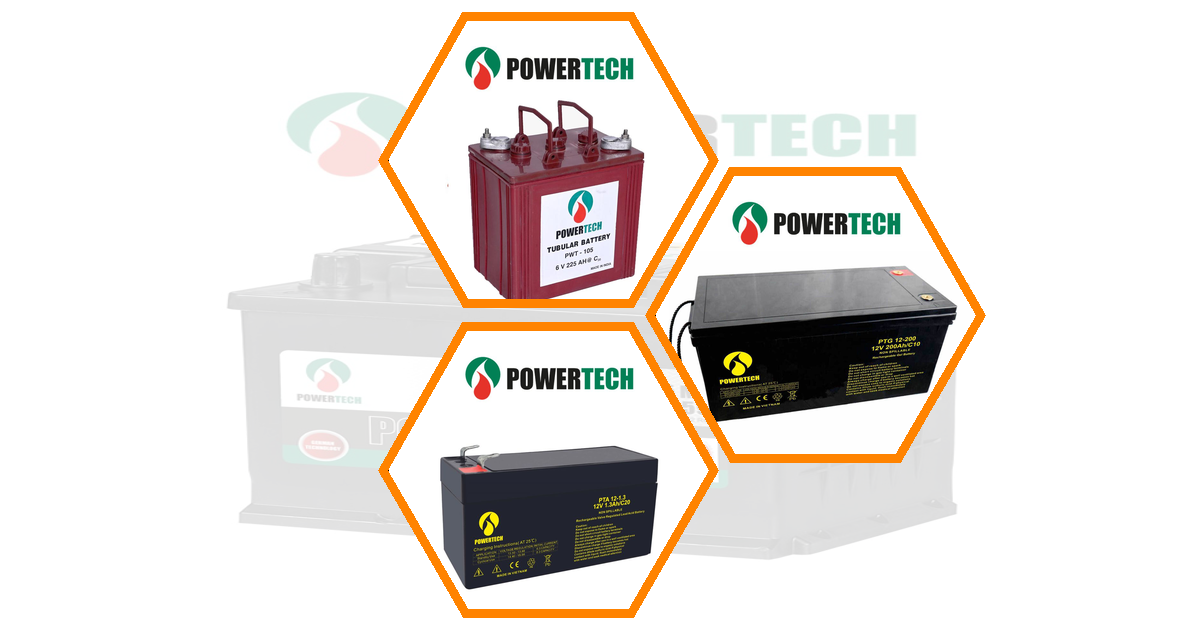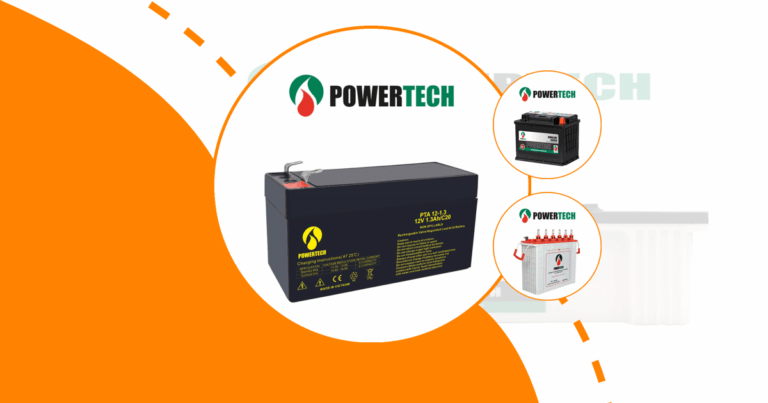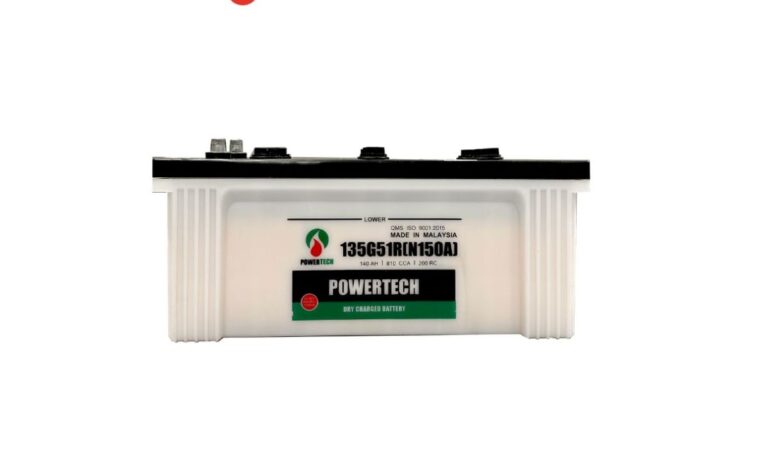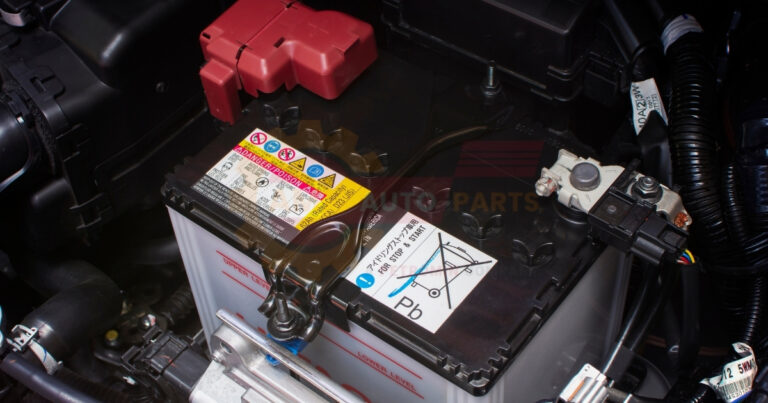EV Battery Technology
Electric vehicles (EVs) are revolutionizing the automotive industry, and at the heart of this transformation is the EV battery. Understanding the technology behind these batteries is crucial for making informed decisions. EV batteries are designed to store and deliver electrical energy efficiently, enabling vehicles to travel long distances without emissions. The technology is constantly evolving, with advancements aimed at improving performance, range, and sustainability.
Types of EV Batteries
There are several types of EV batteries, each with unique characteristics. The most common types include lithium-ion, nickel-metal hydride, and solid-state batteries. Lithium-ion batteries are widely used due to their high energy density and long lifespan. Nickel-metal hydride batteries, while less common, offer good performance and are often used in hybrid vehicles. Solid-state batteries are an emerging technology promising higher energy density and improved safety.
- Lithium-ion batteries : High energy density, long lifespan, widely used.
- Nickel-metal hydride batteries : Good performance, used in hybrids.
- Solid-state batteries : Emerging technology, higher energy density, improved safety.
Battery Chemistry and Performance
Battery chemistry plays a significant role in determining the performance of an EV. Different chemistries affect the energy density, power output, and overall efficiency of the battery. For instance, lithium-ion batteries are known for their high energy density, which translates to longer driving ranges. Understanding the chemistry helps in selecting a battery that meets specific performance requirements.
- Lithium-ion : High energy density, efficient power output.
- Nickel-metal hydride : Moderate energy density, reliable performance.
- Solid-state : Potential for higher energy density and safety.
Energy Density and Power Density
Energy density and power density are critical factors in battery selection. Energy density refers to the amount of energy a battery can store, while power density indicates how quickly that energy can be delivered. A high energy density means longer range, while high power density ensures quick acceleration and performance. Balancing these factors is essential for optimal EV performance.
- Energy density : Determines range, higher is better for long distances.
- Power density : Affects acceleration, important for performance.
Key Factors in EV Battery Selection
Selecting the right battery for an electric vehicle involves considering several key factors. These factors influence the overall performance, cost, and longevity of the battery, making them crucial in the decision-making process.
Range Requirements
The range of an EV is a primary concern for many buyers. It determines how far the vehicle can travel on a single charge. When selecting a battery, it’s important to consider your typical driving patterns and choose a battery that offers sufficient range to meet your needs.
- Consider driving habits : Choose a battery that matches your daily travel distance.
- Longer range : Ideal for frequent long-distance travel.
Charging Speed and Infrastructure
Charging speed and the availability of charging infrastructure are vital considerations. Faster charging batteries reduce downtime, while a well-developed charging network ensures convenience. Evaluate the charging options available in your area and select a battery that aligns with your charging needs.
- Fast charging : Reduces downtime, increases convenience.
- Infrastructure : Availability of charging stations impacts usability.
Battery Lifespan and Degradation
The lifespan of a battery affects the overall cost of ownership. Over time, batteries degrade, reducing their capacity and performance. Understanding the expected lifespan and degradation rate of a battery helps in making a cost-effective choice.
- Lifespan : Longer lifespan reduces replacement costs.
- Degradation : Slower degradation maintains performance over time.
Cost Considerations
Cost is a significant factor in battery selection. It includes the initial purchase price and long-term maintenance costs. Balancing cost with performance and lifespan ensures a good return on investment.
- Initial cost : Consider budget and financing options.
- Maintenance : Factor in long-term costs for a comprehensive view.
EV Battery Management Systems (BMS)
Battery Management Systems (BMS) are essential for the safe and efficient operation of EV batteries. They monitor and manage the battery’s performance, ensuring optimal operation and longevity.
Functions of BMS in Electric Vehicles
A BMS performs several critical functions, including monitoring battery health, managing charge and discharge cycles, and ensuring safety. It helps prevent overcharging and overheating, which can damage the battery and reduce its lifespan.
- Monitoring : Tracks battery health and performance.
- Safety : Prevents overcharging and overheating.
Selecting the Right BMS for Your EV Battery Pack
Choosing the right BMS is crucial for maximizing battery performance and lifespan. Consider factors such as compatibility with the battery type, features offered, and ease of integration when selecting a BMS.
- Compatibility : Ensure BMS matches battery type.
- Features : Look for advanced monitoring and safety options.
Thermal Management in EV Batteries
Effective thermal management is vital for maintaining battery performance and safety. It involves controlling the temperature of the battery to prevent overheating and ensure efficient operation.
Importance of Temperature Control
Temperature control is crucial for battery safety and performance. High temperatures can lead to battery degradation and safety risks, while low temperatures can reduce efficiency. A well-designed thermal management system helps maintain optimal temperature ranges.
- Safety : Prevents overheating and potential hazards.
- Performance : Maintains efficiency in varying temperatures.
Liquid Cooling vs. Air Cooling Systems
There are two main types of cooling systems: liquid and air cooling. Liquid cooling is more effective at maintaining consistent temperatures, while air cooling is simpler and less expensive. The choice depends on the specific requirements of the vehicle and battery.
- Liquid cooling : More effective, consistent temperature control.
- Air cooling : Simpler, cost-effective solution.
Battery Pack Design and Integration
The design and integration of the battery pack are crucial for ensuring safety and performance. It involves arranging the cells and incorporating safety features to protect the battery and vehicle.
Cell Arrangement and Packaging
The arrangement of cells within a battery pack affects its performance and safety. Proper packaging ensures efficient use of space and effective thermal management, contributing to overall vehicle performance.
- Efficient use of space : Optimizes vehicle design.
- Thermal management : Enhances safety and performance.
Safety Features and Protection Mechanisms
Incorporating safety features and protection mechanisms is essential for preventing accidents and ensuring the longevity of the battery. These features include thermal fuses, circuit breakers, and protective casings.
- Thermal fuses : Prevent overheating.
- Circuit breakers : Protect against electrical faults.
What is the Average Lifespan of an EV Battery?
The average lifespan of an EV battery is typically between 8 to 15 years, depending on usage and maintenance. Factors such as charging habits, temperature exposure, and driving conditions can affect the lifespan. Regular maintenance and proper charging can help extend the battery’s life.
Environmental Considerations in EV Battery Selection
Environmental impact is an important consideration when selecting an EV battery. It involves evaluating the sustainability of the battery materials and the carbon footprint of its production.
Sustainability and Recycling Options
Sustainability involves using materials that are environmentally friendly and can be recycled. Many manufacturers are focusing on developing batteries with recyclable components to reduce environmental impact.
- Recyclable materials : Reduce waste and environmental impact.
- Sustainable production : Focus on eco-friendly materials.
Carbon Footprint of Battery Production
The production of EV batteries involves significant energy consumption, contributing to their carbon footprint. Selecting batteries from manufacturers committed to reducing emissions can help minimize environmental impact.
- Energy consumption : Consider manufacturers with low-emission processes.
- Emission reduction : Choose eco-friendly production methods.
Future Trends in EV Battery Technology
The future of EV battery technology is promising, with advancements aimed at improving performance, safety, and sustainability. Emerging technologies are set to revolutionize the industry.
Solid-State Batteries
Solid-state batteries are a promising development in EV technology. They offer higher energy density, improved safety, and faster charging times compared to traditional lithium-ion batteries.
- Higher energy density : Longer range and better performance.
- Improved safety : Reduced risk of overheating and fires.
Advanced Lithium-Ion Chemistries
Advancements in lithium-ion chemistries are enhancing battery performance and lifespan. These improvements focus on increasing energy density and reducing degradation rates.
- Enhanced performance : Longer lifespan and better efficiency.
- Reduced degradation : Maintains capacity over time.
How Do I Choose the Right Battery for My Electric Vehicle?
Choosing the right battery for your electric vehicle involves considering factors such as range, charging speed, and cost. Evaluate your driving habits and needs to select a battery that offers the best balance of performance and affordability. Consulting with experts and reviewing manufacturer specifications can also aid in making an informed decision.
EV Battery Testing and Certification
Testing and certification are crucial for ensuring the safety and performance of EV batteries. They involve rigorous protocols to verify that batteries meet industry standards.
Performance Testing Protocols
Performance testing involves evaluating the battery’s capacity, efficiency, and durability under various conditions. These tests ensure that the battery performs as expected in real-world scenarios.
- Capacity testing : Measures energy storage capability.
- Durability testing : Assesses long-term performance.
Safety Standards and Regulations
Safety standards and regulations are in place to protect consumers and ensure the safe operation of EV batteries. Compliance with these standards is essential for market approval and consumer trust.
- Regulatory compliance : Ensures safety and reliability.
- Consumer protection : Provides assurance of quality and safety.
EV Batteries Selection Guide: A Comprehensive Approach
A comprehensive approach to selecting EV batteries involves evaluating all aspects of battery performance, cost, and environmental impact. By considering these factors, consumers can make informed decisions that meet their needs and contribute to a sustainable future.
Battery Supplier Evaluation
Evaluating battery suppliers is crucial for ensuring quality and reliability. It involves assessing their production capabilities, quality control measures, and scalability.
Quality Control Measures
Quality control measures ensure that batteries meet high standards of performance and safety. Suppliers with robust quality control processes are more likely to deliver reliable products.
- Robust processes : Ensure consistent quality and performance.
- Supplier reliability : Choose suppliers with proven track records.
Production Capacity and Scalability
Production capacity and scalability are important for meeting demand and ensuring timely delivery. Suppliers with large-scale production capabilities can better accommodate growing market needs.
- Large-scale production : Meets demand efficiently.
- Scalability : Adapts to market growth and changes.
EV Battery Warranty and Support
Understanding battery warranties and support options is essential for protecting your investment. Warranties provide assurance of quality and performance, while support services ensure ongoing maintenance and assistance.
Understanding Battery Warranties
Battery warranties typically cover defects and performance issues for a specified period. Understanding the terms and conditions of the warranty helps in making informed decisions and ensuring coverage.
- Coverage terms : Know what is included in the warranty.
- Duration : Consider the length of coverage offered.
After-Sales Service and Maintenance
After-sales service and maintenance are crucial for ensuring the longevity and performance of the battery. Reliable support services provide assistance with repairs, replacements, and routine maintenance. Electric vehicle safety is about making sure electric cars are safe to drive and use These cars have special features to protect people from electric shocks and battery problems Car battery charging troubles can happen when your car’s battery won’t hold a charge or doesn’t charge properly This can leave you stranded with a car that won’t start and may require professional help to fix
Automotive energy solutions help cars and trucks use different types of power to run These solutions include electric batteries fuel cells and cleaner fuels for vehicles
- Reliable support : Ensures ongoing assistance and maintenance.
- Routine maintenance : Extends battery lifespan and performance.
Successful EV Battery Implementations
Examining successful EV battery implementations provides insights into best practices and innovative solutions. These case studies highlight the potential of EV batteries in various applications.
Long-Range Electric Vehicles
Long-range electric vehicles demonstrate the capabilities of advanced battery technologies. These vehicles offer extended driving ranges, showcasing the potential of high-energy-density batteries.
- Extended range : Highlights battery efficiency and performance.
- Advanced technology : Demonstrates innovation in battery design.
High-Performance Electric Sports Cars
High-performance electric sports cars illustrate the power and speed achievable with modern EV batteries. These vehicles combine performance with sustainability, setting new standards in the automotive industry.
- Power and speed : Showcases battery capabilities in performance vehicles.
- Sustainability : Combines eco-friendliness with high performance.
FAQs
What are the most important factors to consider when selecting batteries for electric vehicles?
The most important factors include range, charging speed, cost, and lifespan. Evaluating these factors helps in choosing a battery that meets your specific needs and budget. Additionally, considering environmental impact and supplier reliability is crucial.
How does battery chemistry affect EV performance and range?
Battery chemistry affects energy density, power output, and efficiency. Different chemistries offer varying levels of performance, impacting the range and overall driving experience. Understanding the chemistry helps in selecting a battery that aligns with your performance requirements.
What role does the Battery Management System play in EV battery selection?
The Battery Management System (BMS) monitors and manages battery performance, ensuring safety and efficiency. It prevents overcharging and overheating, extending the battery’s lifespan. Selecting the right BMS is crucial for maximizing battery performance and safety.
How can I maximize the lifespan of my EV battery?
Maximizing the lifespan involves proper maintenance, moderate charging practices, and temperature control. Avoiding extreme temperatures and frequent fast charging can help reduce degradation. Regular maintenance and following manufacturer guidelines also contribute to longevity.
What are the latest advancements in EV battery technology?
The latest advancements include solid-state batteries and advanced lithium-ion chemistries. These technologies offer higher energy density, improved safety, and longer lifespans. Ongoing research and development continue to drive innovation in the EV battery industry.
What Factors Affect EV Battery Degradation?
Several factors affect EV battery degradation, including temperature, charging habits, and usage patterns. High temperatures and frequent fast charging can accelerate degradation. Proper maintenance and moderate charging practices can help slow down the degradation process.






